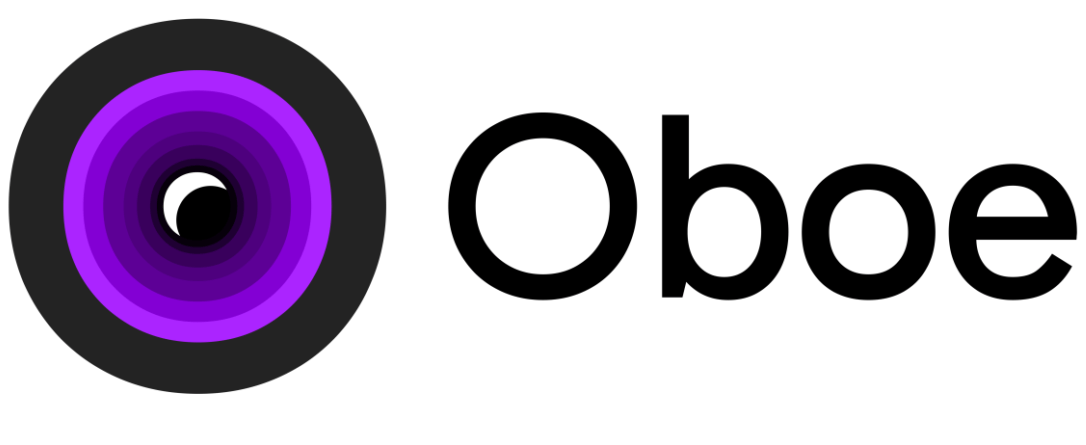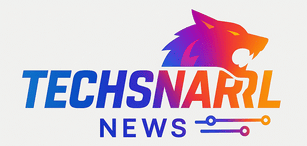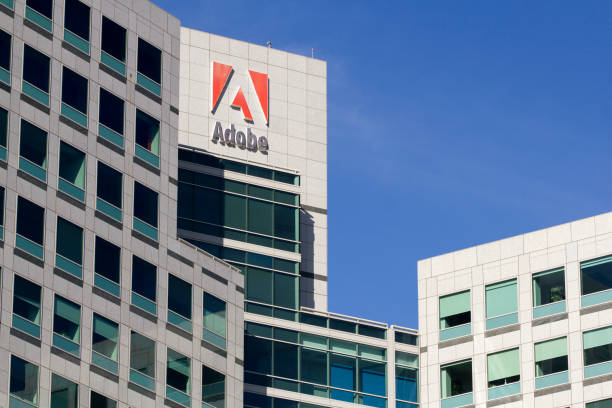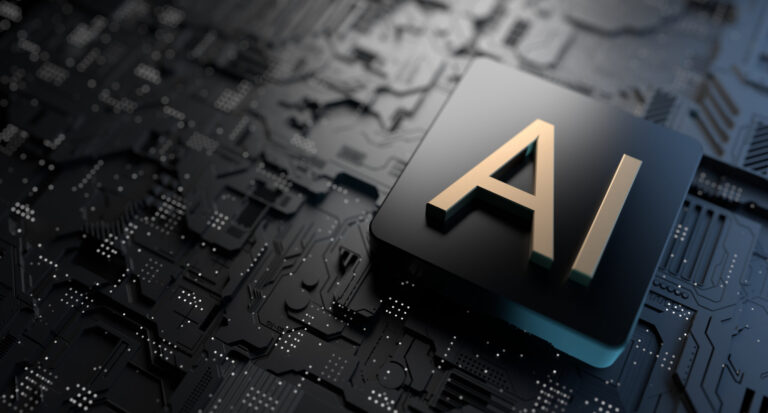
Oboe: Anchor’s Founders Return with an AI App to Redefine Learning
Introduction (Oboe)
After selling their podcasting platform Anchor to Spotify in 2019, Anchor’s co-founders, Michael Mignano and Nir Zicherman, have returned to the tech world with a fresh new venture. Their latest project, Oboe, is an artificial intelligence-powered learning app designed to reshape how people engage with education in the digital age. With the success of Anchor still fresh in memory, many in the tech industry are closely watching to see if Oboe can bring the same level of disruption to the education sector.
- From Anchor to Oboe
Anchor gained fame as a platform that democratized podcast creation, making it easy for anyone to record, edit, and distribute podcasts for free. Before Anchor, podcasting was largely dominated by professionals or media outlets with access to resources. By lowering the barriers, Anchor gave millions of creators a voice. Its acquisition by Spotify in 2019 solidified its status as a transformative player in the audio space. Now, with Oboe, the founders are applying their innovative approach to another fast-growing field: AI-driven education.
- What is Oboe?
Oboe is positioned as a next-generation learning companion, blending artificial intelligence with personalized education tools. Unlike traditional e-learning apps that often provide static video lectures or standardized modules, Oboe leverages AI to adapt lessons to individual learners. This approach offers customized pathways that match each user’s strengths, weaknesses, and goals. Whether someone is learning a new language, brushing up on coding, or studying for professional exams, Oboe aims to deliver a tailored experience that is both motivating and engaging.
- Features of Oboe
The Oboe app uses interactive features, AI-driven insights, and a sleek user interface to keep learners on track. It isn’t just about consuming content—it’s about building habits and staying consistent. The AI technology in Oboe monitors progress, identifies patterns in learning behavior, and makes adjustments to ensure learners are always challenged without feeling overwhelmed. By combining personalization with usability, Oboe strives to stand out in a crowded edtech landscape.
- Why Oboe Stands Out
The edtech space is competitive, with well-known platforms like Duolingo, Coursera, and Khan Academy dominating the market. However, Oboe differentiates itself in several ways: AI-driven personalization ensures that no two learning experiences are the same, and its emphasis on accessibility and intuitive design mirrors what Anchor achieved in the podcasting world. Beyond that, Oboe is designed not only for students but also for professionals and lifelong learners, making it more versatile than many existing apps.
- Lessons from Anchor
One of the reasons many are optimistic about Oboe is the track record of its founders. Mignano and Zicherman demonstrated with Anchor that they understand how to spot gaps in the market and create tools that make complex processes simple. Their ability to design platforms that are approachable to beginners while still useful for experts could serve them well in the education space. The same philosophy that allowed anyone to become a podcaster may now allow anyone to become an empowered learner with Oboe.
- Conclusion
From revolutionizing podcasts to redefining learning, Anchor’s founders are once again setting out to innovate. Oboe could be the next big step in making education smarter, more accessible, and more personal in the AI era. If the app delivers on its promises, Oboe may do for learning what Anchor did for podcasting—open doors for millions and transform an industry. As the world watches, Oboe represents not just the return of two visionary founders but also the possibility of a smarter, more personalized future for education.






Если нужны тематические площадки, выбирайте базы форумов xrumer, соответствующие вашей нише.